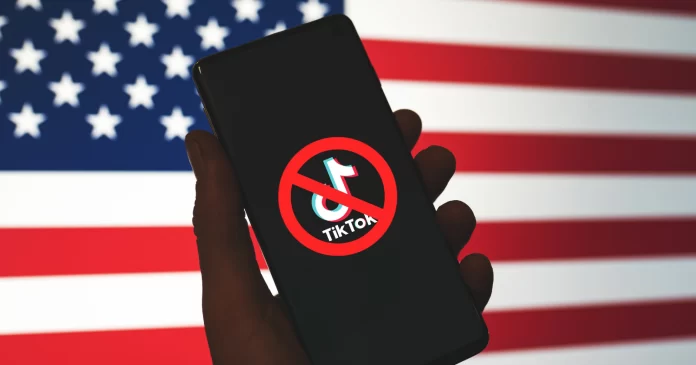If ByteDance exhausts all legal options, it would rather cease operations of its app in the US than opt for a sale. According to reliable sources close to ByteDance, the parent company of TikTok, ByteDance is leaning towards shutting down TikTok in the United States if it exhausts all legal avenues to contest legislation aiming to ban the platform from American app stores. The sources, who chose to remain anonymous, revealed that ByteDance would rather cease operations of its loss-making app than sell it, especially if selling it entails relinquishing control over its core algorithms.
ByteDance views the algorithms that power TikTok as integral to its overall operations. Selling the app without these algorithms is deemed highly improbable by insiders familiar with the company’s strategy. Despite TikTok’s modest contribution to ByteDance’s total revenues and daily active users, the parent company appears inclined to terminate its U.S. operations rather than compromise its proprietary technology.
Also Read: Insights from Trend Micro’s R2R Event: Navigating Modern Threat Landscapes
In response to inquiries, a TikTok spokesperson directed attention to ByteDance’s recent statement on Toutiao, a media platform owned by the company, affirming that there are no plans to sell TikTok. This statement comes in the wake of reports suggesting ByteDance was exploring options to sell TikTok’s U.S. business without including the algorithm that drives content recommendations.
TikTok’s CEO, Shou Zi Chew, expressed confidence in overcoming legal challenges posed by recent legislation signed into law by President Joe Biden. The legislation, widely supported in the U.S. Senate, reflects concerns among lawmakers regarding data security and potential surveillance risks associated with Chinese-owned platforms.
The timeline set by President Biden allows until January 19 for a potential sale of TikTok’s U.S. operations, with a possible three-month extension if ByteDance demonstrates progress. However, the company’s financial details remain undisclosed, with sources indicating that most of ByteDance’s revenue originates from its Chinese market, particularly from apps like Douyin, the Chinese counterpart of TikTok.
ByteDance’s revenue reportedly surged from $80 billion in 2022 to nearly $120 billion in 2023, according to insider information. Additionally, TikTok’s daily active users in the U.S. constitute a mere fraction of ByteDance’s global user base.
Crucially, ByteDance appears steadfast in its stance against selling TikTok without its core algorithms, which are shared with its domestic apps like Douyin. The complexities involved in separating these algorithms from TikTok’s U.S. assets make such a divestiture unlikely, sources suggest.
The broader geopolitical context, including tensions between the U.S. and China, further complicates the situation. China has signaled resistance to forced divestments of Chinese-owned tech companies, citing regulatory procedures and the protection of intellectual property.
In light of these factors, ByteDance’s options for divesting TikTok’s U.S. assets may be limited, potentially impacting its ability to attract suitable buyers. Despite interest from parties like former U.S. Treasury Secretary Steven Mnuchin in assembling an investor group for a potential acquisition, ByteDance’s valuation and strategic imperatives may pose significant hurdles in any sale negotiations.



